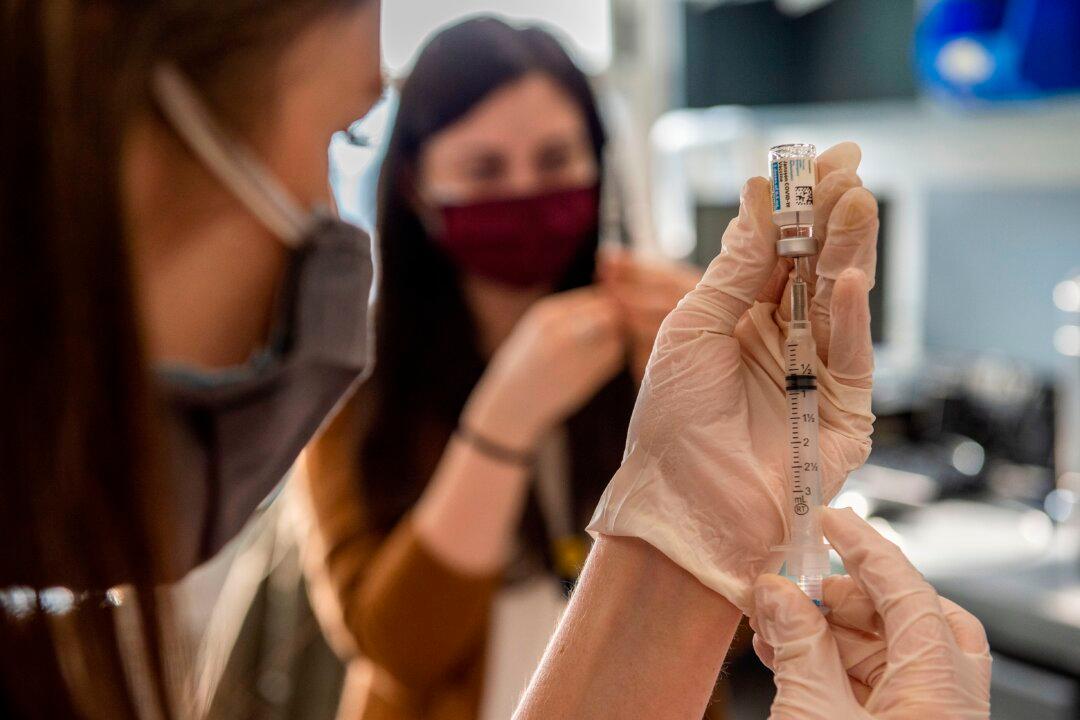A researcher and a professor criticized the way COVID-19 vaccine clinical trials were conducted in their testimony at the April 13 hearing of the National Citizen’s Inquiry (NCI) in Winnipeg, Manitoba. Drug companies rushed their trials and failed to account for factors such as long-term data, long-term safety and efficacy, and post-infection natural immunity and protection against severe disease, they said.
“These biological products being rushed like this is absolutely unprecedented,” said Jessica Rose, a Canadian researcher with master’s, PhD, and post-doctoral degrees in immunology, computational biology, molecular biology, and biochemistry.





